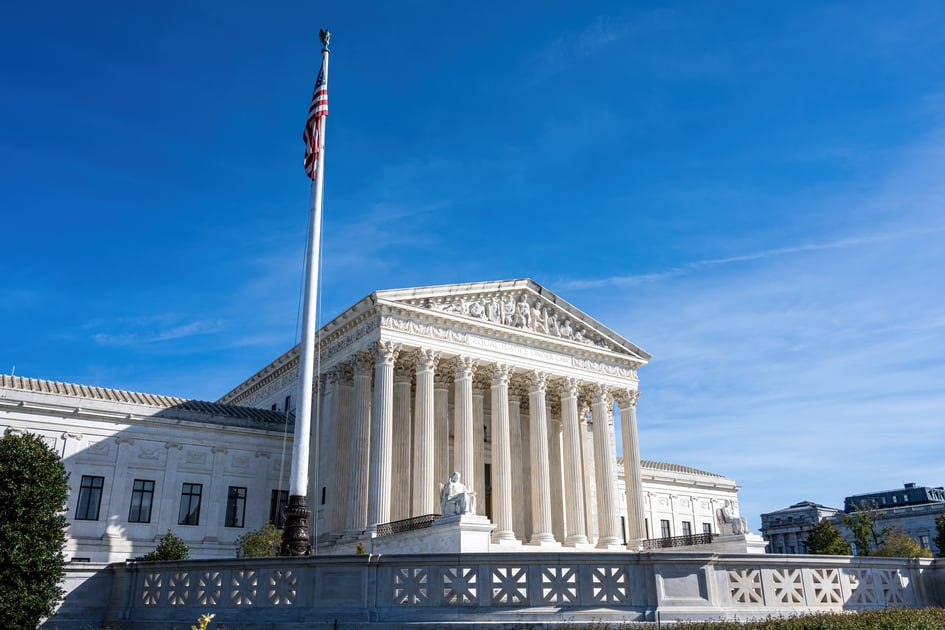Overtime Pay & New Federal Reporting Requirements
January 22, 2026 •HoganTaylor
Arkansas Income Tax Exemption for Farmers
December 16, 2025 •Jared Garner
USDA Announces $12 Billion to American Farmers
December 16, 2025 •Jared Garner
Breaking Down the "One Big Beautiful Bill Act"
December 8, 2025 •HoganTaylor
Breaking Down the Marginal Well Credit for 2025
September 12, 2025 •Paige Buxton Graham
Breaking Down the "Big Bill"
July 8, 2025 •HoganTaylor
Should You Move Your Trust to a Tax-Friendly State? What to Consider
February 27, 2025 •HoganTaylor












